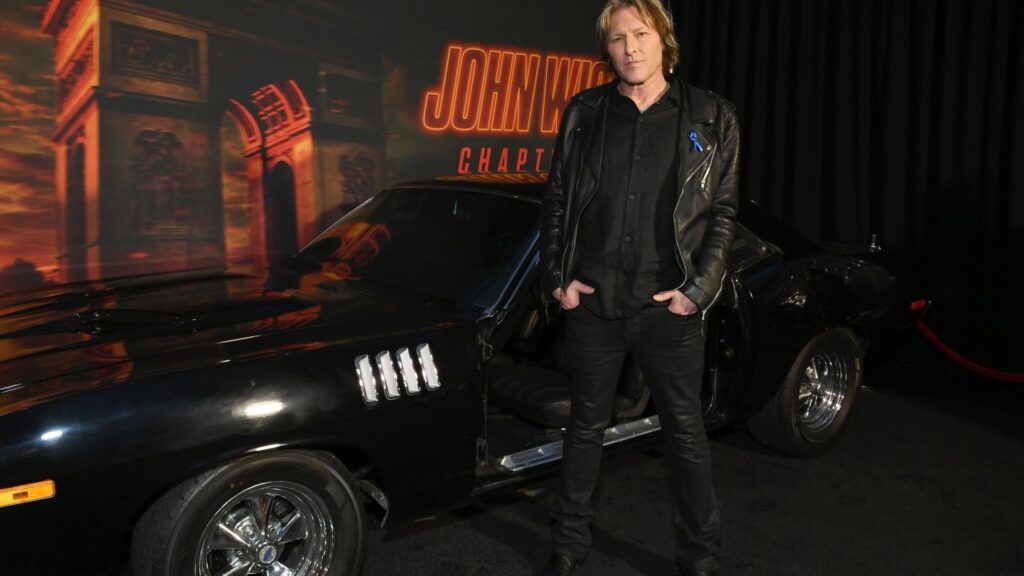Composer Tyler Bates has been sued for allegedly pilfering a singer and former collaborator’s voice on productions he scored.
Azam Ali, in a lawsuit filed on Thursday in Los Angeles Superior Court, alleges Bates created a “digital replica” of her voice, which was used on new projects, including Cartoon Network’s animated series Primal, without consent or compensation to the singer.
Ali’s voice has appeared on scores for major studios films, including Thor: The Dark World, The Matrix: Revolutions and Fight Club. She met Bates in 2001, when he was looking for a vocalist to assist him on scoring the soundtrack to Night at the Golden Eagle. The pair went on to collaborate on Dawn of the Dead, 300 and Doomsday.
Last year, Ali claims she was contacted by a fan congratulating her for appearing on a soundtrack to an unnamed production scored by Bates. When she reached out to the composer, he allegedly told her in a text message that he had “made an EXS 24 sample instrument,” which refers to a sampler used to manipulate sound files when arranging music, from recordings of her voice.
“Azam’s investigation further revealed that Bates appeared to have included samples of [her] voice in audio libraries that were then distributed to his collaborators for use on their shared projects,” states the complaint.
Ali alleges that these samples appeared in Primal and Army of Two: The 40th Day, a game released in 2010. She brings a trio of claims related to breach of contract and seeks unspecified damages.
Bates has faced accusations of plagiarism. In 2007, Warner Bros. issued a statement acknowledging that “a number of the music cues for the score of 300 were, without our knowledge or participation, derived from music composed by Academy Award winning composer Elliot Goldenthal for the motion picture Titus.”
The composer — who scored the soundtracks for the John Wick franchise, X and Pearl — was also sued in 2018 by Kurt Oldman and Dieter Hartmann in a dispute over credit and compensation on Guardians of the Galaxy. They accused him of going back on a deal to give them credit on the film and 15 percent of royalties from its score. The two sides later settled the case.
A representative for Bates didn’t immediately respond to a request for comment.
Read the full article here


